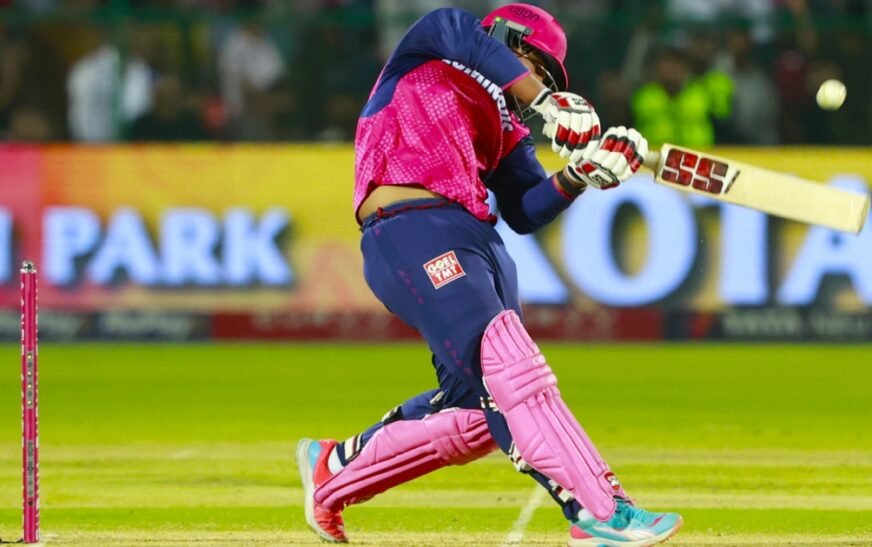Choosing the right business degree can feel overwhelming. If you’re reading this, chances are you’re at a crossroads wondering if it’s finally time to invest in yourself, to level up, to pivot, or to grow further in the role you’ve worked so hard to build.
You’re not alone. Many professionals find themselves torn between a traditional MBA and an Executive MBA (EMBA). Both are valuable, both open doors but which one fits your story best?
This guide walks you through the key differences, not just in facts and figures, but in real-life context because this isn’t just a degree. It’s your future.
Understanding the Core Differences Between an Executive MBA and an MBA
Sometimes, the confusion begins with the name. After all, both degrees say “MBA” on the diploma. But who they’re built for and what they’re meant to do for your life is very different.
- A traditional MBA is perfect if you’re still building your path learning the ropes of business strategy, finance, marketing, and leadership from the ground up. It’s an opportunity to reimagine your career from scratch.
- An Executive MBA (EMBA) is tailored for those who have already put in the years. It doesn’t teach you how to manage it sharpens your vision, helps you lead better, and prepares you for the next level: boardrooms, strategic decisions, and transformation.
In simple terms:
An MBA helps you build and shift.
An EMBA helps you lead and scale.
Who Should Consider Each Program?
Traditional MBA: If You’re Still Building
You might be a good fit if:
- You’re a recent graduate or have 2–5 years of work experience
- You’re looking for a major change maybe switching industries or job functions
- You want to move into your first management role
- You’re eager to gain all-round business knowledge and build a strong network
Most MBA students are in their late 20s, and they’re still exploring, growing, and dreaming of what’s next. It’s a chance to reset and restart with purpose.
Executive MBA: If You’re Ready to Level Up
You may be ready for an EMBA if:
- You have 8 15+ years of work experience
- You’re managing teams, budgets, or projects already
- You’re in a leadership role but want to take that next bold step (VP, Director, C-suite)
- You need a program that won’t force you to pause your career
EMBA students are typically in their late 30s to early 40s, and they bring a lifetime of hard-earned experience to the table. They’re not starting over they’re sharpening their edge.
Program Structure: How They Fit into Your Life
Time is a luxury. The structure of these programs reflects that.
MBA: Full Immersion, Full Focus
- Duration: 18–21 months (full-time) or longer for part-time
- Format: Full-time (career break), part-time, online, or hybrid
- Environment: Learn alongside peers from many industries
- Curriculum: Comprehensive finance, marketing, ops, strategy + electives
- Goal: Build strong business foundations
This is ideal if you can step away from work and are ready to throw yourself fully into the experience.
EMBA: Learn While You Lead
- Duration: 18–24 months (some finish in as little as 12)
- Format: Almost always part-time weekends, evenings, or intensive residencies
- Environment: Cohort-based, peer-driven, real-world leadership discussions
- Curriculum: Advanced leadership and strategy; assumes business experience
- Goal: Apply insights directly into your current leadership role
EMBA programs respect that you’re still in the game. You won’t have to put your career on hold just your weekends (and maybe a few vacations).
Cost, Salary, and Return on Investment (ROI)
Let’s be honest business school is a big financial decision. But the return? It’s real. Just know that the path to that return looks different for MBAs and EMBAs.
MBA: A Leap Worth Taking
Costs:
- $150,000 – $250,000 at top schools
- You may need to quit your job for full-time study
- Less likely to receive company sponsorship
Returns:
- Average salary increases of 29–50%
- Starting salaries range from $115,000–$170,000+
- Payback period: usually 4–7 years
- Long-term: Huge boost in earnings and career options
If you’re ready to rebuild your path, the MBA gives you the skills, credentials, and confidence to do it.
EMBA: A Strategic Step Forward
Costs:
- Around $150,000–$230,000+
- You keep your full-time salary
- Employer sponsorship is more common (partial or full)
Returns:
- Salary bumps of 14–20% during or just after the program
- Average EMBA grads earn $250,000 – $400,000+
- Payback: as fast as 17 months to 3 years
- Immediate impact: promotions, boardroom access, stronger decision-making
If you’re not looking to pause your momentum, the EMBA lets you grow while staying in motion.
Career Outcomes: Where Do These Degrees Lead?
MBA Career Path
- Salary: Big jump post-graduation, then steady growth
- Roles: Entry into leadership, management, consulting
- Industry Change: High success rate for pivots
- Top Industries: Consulting, tech, finance, healthcare
An MBA can truly change your trajectory, especially if you’re pivoting or just stepping into leadership.
EMBA Career Path
- Salary: Already high grows even more
- Roles: Advancement into senior leadership, including C-suite
- Promotions: 36 – 41% are promoted during the program
- Industry Change: Less common, but functional shifts are achievable
An EMBA is your booster rocket not a new journey, but an elevation.
Which One is Right for You? Ask Yourself…
- How much experience do I have?
Less than 6 years? → MBA
More than 8 years + management experience? → EMBA - Am I looking to pivot or climb higher in my current field?
Pivot/build? → MBA
Advance/refine? → EMBA - Can I afford to pause my job?
Yes → Full-time MBA
No → EMBA (or part-time MBA) - What’s my financial situation?
Consider tuition + lost salary vs. ongoing income + sponsorship - What kind of peers do I want to network with?
MBA → Diverse group, earlier in careers
EMBA Senior executives and decision-makers
This isn’t just about a degree, it’s about what you want your next chapter to look like.
Conclusion: Your Journey, Your Decision
Choosing between an MBA and an EMBA is more than checking boxes. It’s about where you are, where you want to go, and how much you’re ready to give to get there.
- The MBA is for those who are ready to reinvent, take bold steps, and build from the ground up.
- The EMBA is for those who’ve done the work, climbed the ladder and are now ready to lead from the top.
Both paths are brave. Both take courage. And both have the power to change your life if they’re aligned with your truth.
So don’t just ask which degree is better.
Ask which one helps you become the person you’re meant to be.













